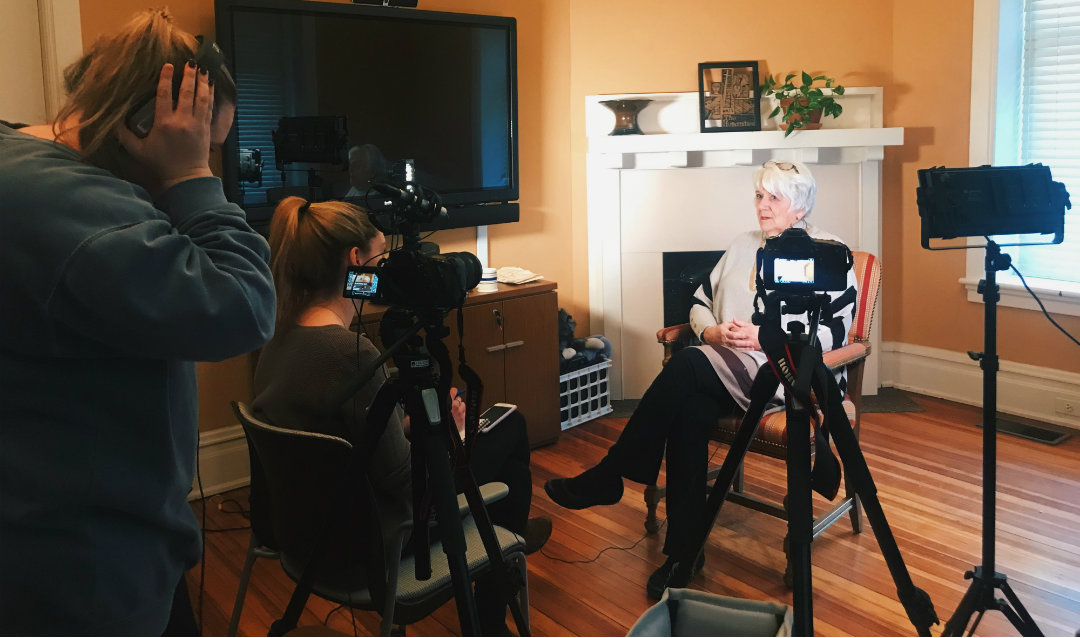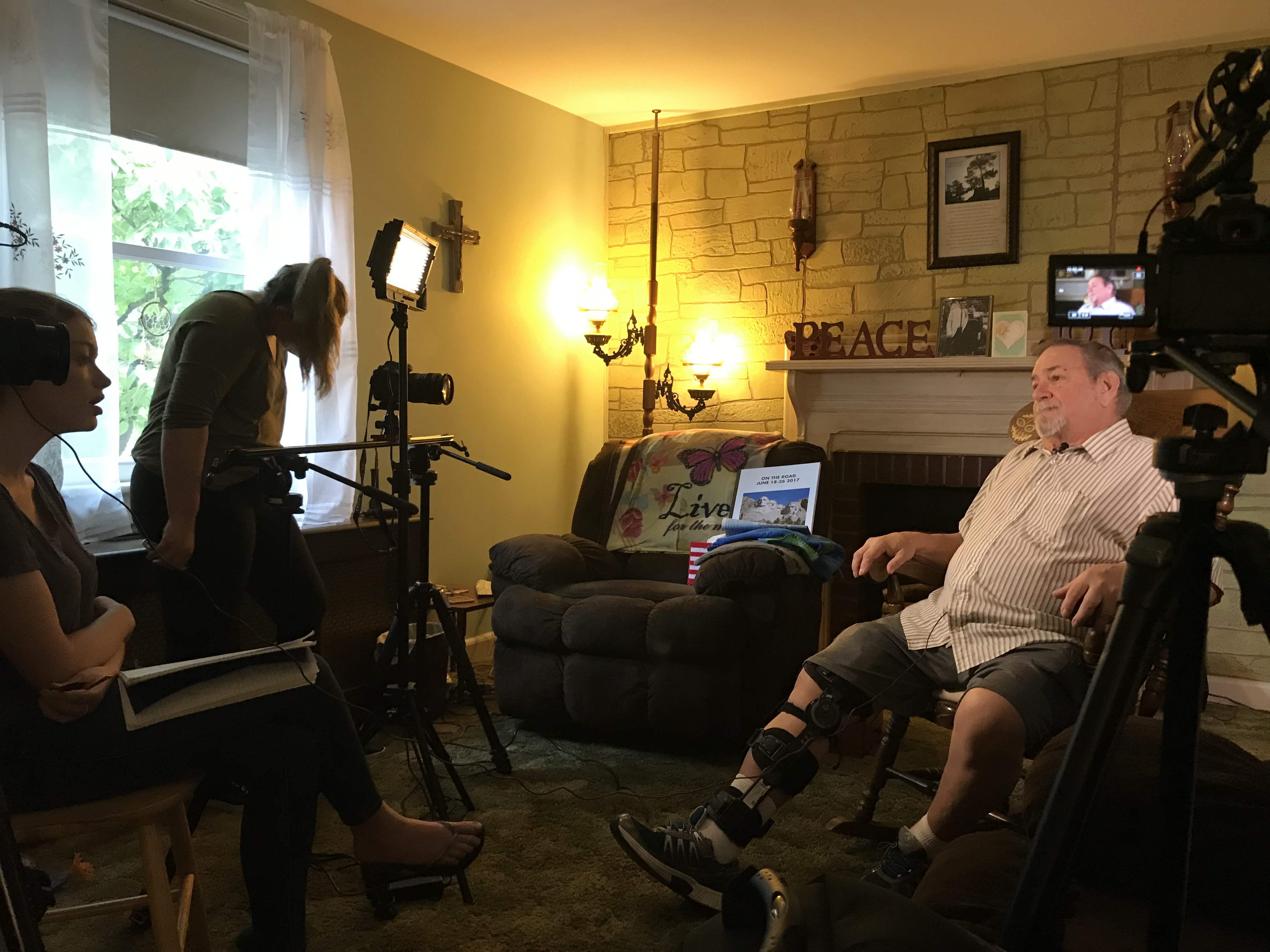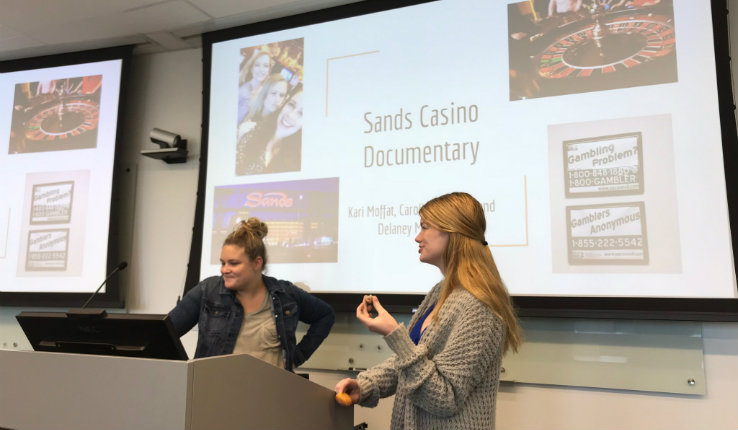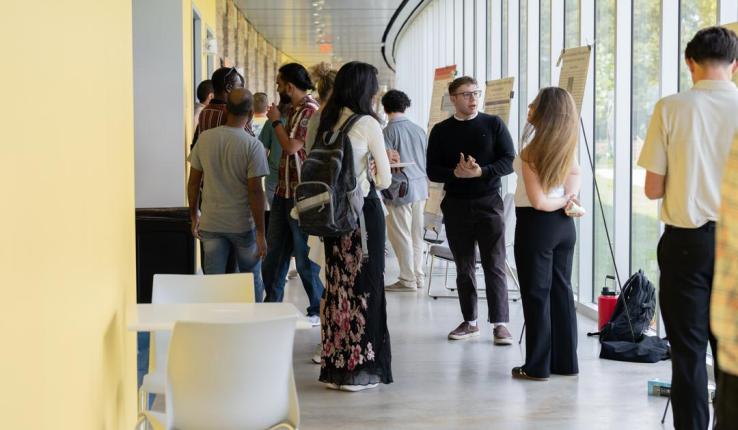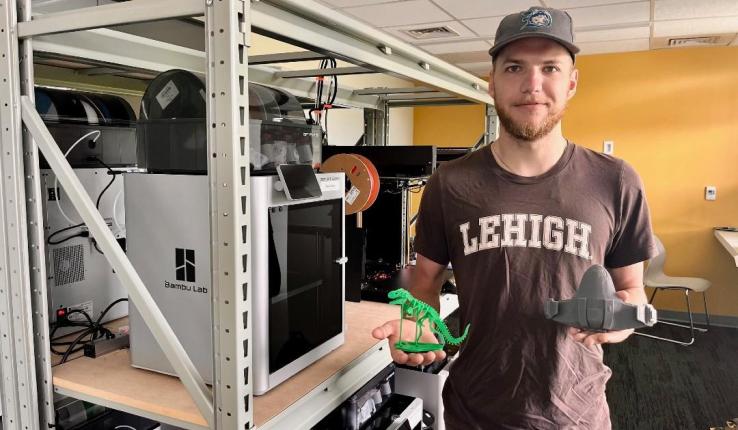Where Bethlehem Steel once stood now stands around 3,000 slot machines, a poker room and more than 200 table games at the Sands Casino.
A decade after the casino’s opening on May 22, 2009, Lehigh graduate and undergraduate students have created a documentary that takes an in-depth look into the history of the Sands Casino and its relationship with the Bethlehem community.
The documentary, “Betting on Bethlehem,” highlights how the casino has helped revitalize the area and improve economic growth after the loss of Bethlehem Steel, as well as the reaction from the community during the time it was being developed and the community’s current opinions.
After a year of interviewing, recording, editing and marketing, the film will premiere this Thursday, May 2, a few weeks before the casino’s 10-year anniversary. The free viewing will be held from 6-8 p.m at Donegan Elementary School, 1210 E. Fourth St., Bethlehem.
The documentary started as a Mountaintop Summer Experience research project in summer 2018 with Delaney McCaffrey ’19, graduate student Caroline Kelliher ’18, Kari Moffat ’17 ’19G, who were advised by Michael Kramp, director of the film and documentary studies program and associate professor of English.


